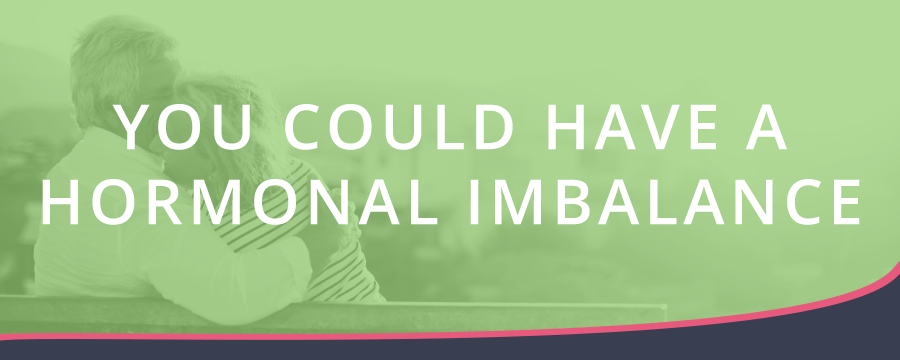Thyroid: A Small Hormone with Big Impact

Slowing down in later years is part of the aging process. But sometimes there’s another culprit behind the decline people feel—hypothyroidism.
Hypothyroidism is a condition in which the thyroid gland doesn’t produce enough hormone to keep your body operating at optimum levels. When your thyroid hormone levels are low, your metabolism slows, which can lead to a host of other conditions.
It’s estimated that some 200 million people worldwide have some form of thyroid disease. In Canada alone, where my clinic Signature Hormones operates, it’s estimated that one in 10 people suffer from a thyroid condition—half of which have not been diagnosed. Women are more than five times more likely than men to have a thyroid problem, and one in eight women is likely to develop a thyroid disorder sometime in her life.
It can be difficult to identify a thyroid problem since its symptoms can resemble any number of other conditions. Common signs and symptoms I see in patients range from depression and anxiety, to weight gain and joint pain, to dry skin and brittle nails. Brain fog, concentration problems, fatigue, and irritability are also symptoms associated with hypothyroidism, to name just a few.
Interestingly, there are actually four thyroid hormones functioning in our bodies: T4 (thyroxine), T3 (triiodothyronine), T2 (diiodothyronine), and T1 (monoiodothyronine). Each “T” hormone is named for the number of iodine atoms it has. Of these, T3 and T4 are especially key to ensuring your body’s cells work well. The majority of hormone (93 percent) produced by the thyroid gland is T4—only 7 percent of the thyroid hormone produced by the thyroid gland is T3, the active form that your body needs. T4 is actually an inactive hormone until it converts to T3 in your thyroid, liver, kidney, pituitary, hypothalamus, and fat tissue.
The conversion of T4 to T3 takes place when an enzyme known as deiodinases removes one of the iodine atoms from the T4 hormone—thus making it T3. A number of factors can disrupt the conversion process including deficiencies in selenium, iodine, and vitamins and minerals. Selenium is essential for human nutrition and plays a critical role in reproduction, thyroid hormone metabolism, DNA synthesis, and cell protection. Iodine synthesizes the thyroid hormone. And zinc, iron, and vitamins A, B2, B3, B6, C are crucial to proper hormone absorption. Elevated levels of cortisol, the “stress hormone,” can also disrupt the conversion, as can chronic diseases that cause inflammation and autoimmunity. Other disruptors include some medications and a diet lacking the proper balance of protein, carbohydrates, fats, and other foods. Even toxins in the environment—from plastic water bottles to hand lotions to pesticides—can keep deiodinases from converting T4 to T3.
A poor-functioning thyroid can lead to many health issues, including cardiac disease, diabetes, lupus, arthritis, and difficulties with reproduction. However, early assessment and treatment can often reduce the severity or the onset of these diseases.
Learn more about the proven therapies that can help you feel great again by visiting my website. Be sure to take my Signature Hormone Diagnostic Assessment!
